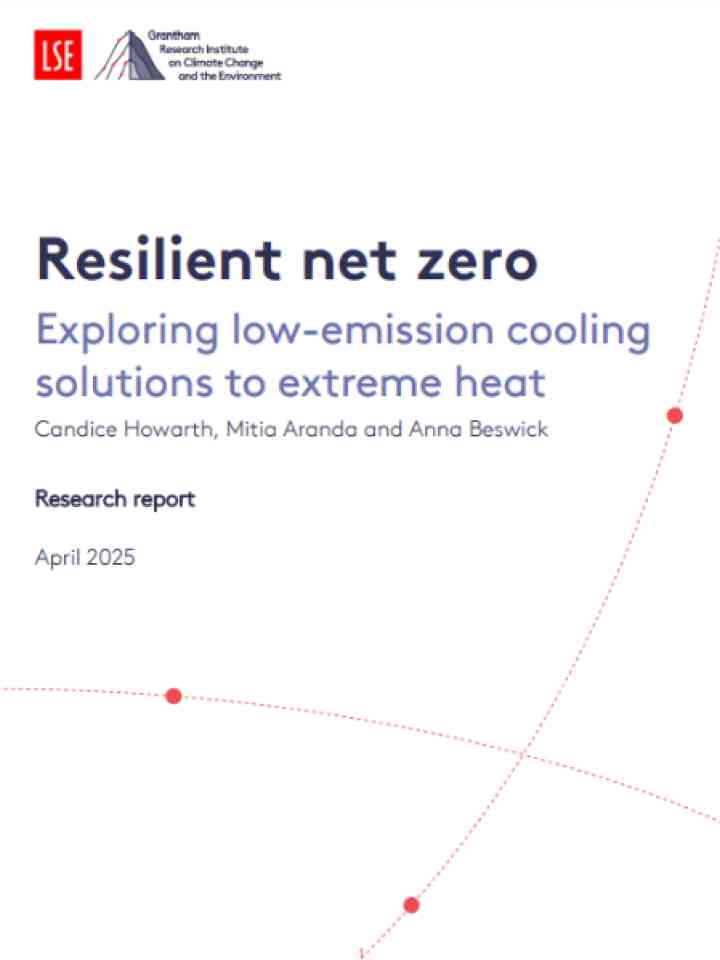Resilient net zero: exploring low-emission cooling solutions to extreme heat
With temperature extremes and heatwaves increasing in magnitude and frequency worldwide, extreme heat has become a global concern, particularly for urban areas, where the problem is exacerbated by the urban heat island effect. In London, extreme heat is not distributed evenly across the city, with some boroughs, building typologies and residents at higher risk than others. Recent initiatives highlighted that a clear and robust heat governance framework with detailed roles and responsibilities is needed to bridge existing governance gaps across multiple sectors and organisations.
The report recommends that the UK give higher prominence to low greenhouse gas emission approaches to enhance heat risk preparedness; implement fully-funded, year-round, complementary low-emission preparedness and responses to heat risk; and reduce over-reliance on responsive measures; proactive responses to heat risk are needed to enhance low-emission approaches to improve heat risk preparedness and resilience.
Explore further
